The Benefits of Choline (And Why You Should Eat Liver!)
When it comes to liver, there’s no middle ground…
It’s a food that people either love… or hate.
But there is one thing that’s certain…
When the liver you eat comes from animals raised on a pristine natural diet, it can be one of the most powerful superfoods around. Liver is packed with nutrients, including a “forgotten” nutritional powerhouse called choline.
The Health Benefits of Choline
In today’s article, we discuss the critical importance of choline. And we’ll also show you a super-tasty way to add liver to your family’s diet… and have every person at the table coming back for seconds!
Choline is nutrient that helps your body detoxify. It can also help you absorb more nutrients. It prevents fat from accumulating in your liver. It helps your cells to communicate. It can reduce stress levels.
And perhaps most importantly, it can even change your genetic expression to promote health and protect against disease.
But here’s the thing… you’re probably not getting enough of it. And if you happen to be a vegetarian, you’re almost certainly deficient in this vital compound. In fact, according to the Institute of Medicine only 10% of Americans consume an “adequate” amount of choline.
Choline: The “Forgotten” B Vitamin
Choline was first discovered in the 1930’s. It was originally studied for its ability to prevent fat and cholesterol from building up in the liver. But that’s not all it does.
It also gives our cell membranes the ability to transfer both water-soluble and fat-soluble molecules. Without choline, lipid-soluble nutrients could not get into our cells. Likewise, waste products could not pass out. This causes nutrient depletion and toxic buildup at the cellular level.
Another unique aspect of choline is that it contains chemical structures called methyl groups. These components help cells to communicate with each other. They are also used by the body to turn genes on and off. They help produce neurotransmitters. And they have been shown to reduce inflammation and boost detoxification.
It’s no wonder that adequate “methylation” within your body reduces the risk of almost every chronic illness including cancer, heart disease, depression, Alzheimer’s and more.
And that’s why a deficiency of choline is bad news for your health. It is a vital component of every human cell. Not surprisingly, it is also critical during pregnancy and fetal development. It has been shown to prevent birth defects (like spina bifida) and to promote healthy brain development.
But that’s not the only way it helps mom and baby…
New research, published in The FASEB Journal, found that choline can lower levels of stress. The researchers found that pregnant women who ate 930 mg of choline per day had 33% lower levels of cortisol compared to women who ate only 430 mg daily.
Cortisol is known as the “stress hormone.” And research shows that babies who are exposed to high levels in the womb have an increased risk of type-2 diabetes, high blood pressure and stress-related illness later in life.
Can You Program Your Children’s (and Their Children’s) Health with Choline?
The dietary effects of choline don’t just affect the health of unborn babies. It has the potential to affect future generations as well.
The researchers found that women who consumed more choline switched on genes that beneficially affect hormone production in the fetus. The genes that were switched on were those that affect the HPA axis. To put it simply, this is the “motherboard” of hormone production.
The field of epigenetics studies how the foods (and chemicals) you ingest today can impact not only your own health, but also the health of your progeny. And it’s not because genetic mutations are passed down (although that can happen). Instead, it refers to how genes express themselves to promote health… or disease.
Better Diet Today, Healthier Genes Tomorrow
The great news is that you can influence how those genes are expressed. This is true even if you have inherited genes that would otherwise increase your risk of disease. And the best way to promote healthy genetic expression is to avoid chemicals and other contaminants and give your body the nutrients it needs.
And one nutrient that is critical is choline…
So, how much do you need and how do you get more of it in your diet?
The Institute of Medicine (IOM) recommends that women consume at least 425 mg daily. They recommend that men and breastfeeding women consume 550 mg daily. However, these intake levels are only minimums. They do not represent the therapeutic amounts seen in studies. For example, the women in the FASEB study were receiving nearly twice the IOM’s recommendation for choline.
Choline Rich Foods: Love Your Liver
The richest sources of this vital nutrient include liver, beef, eggs, poultry and seafood. Here is the average choline content in some of these foods:
- Beef liver (3 oz/355 mg)
- Chicken liver (2 oz./247 mg)
- Sardines and mackerel (3 oz/188 mg)
- Eggs (1 large/172 mg)
- Beef, cooked (4 oz/124mg)
- Chicken & Turkey (4 oz/97 mg)
- Scallops & Shrimp (4 oz/92 mg)
Unfortunately, most plant foods contain very little choline, so vegetarians may be at risk for deficiency. The richest plant sources are collards, Brussels sprouts, broccoli, crimini mushrooms, asparagus and cauliflower (although these foods provide only about 17-60 mg per cup).
Choline is stable at high temperatures, so you can enjoy your favorite choline-rich foods cooked, without reducing its concentration or action. And the best way to get optimal levels of this nutrient in your diet is to consume liver…
If you (or someone in your family) are among those who simply “can’t stand” liver, there is a good chance you will still LOVE our Superfood Paleo Bolognese recipe. Not only is it the perfect dish for nourishing your body and warming up on chilly fall and winter days…
It is also a rich source of choline and allows you to add a significant helping of liver, without changing the taste.
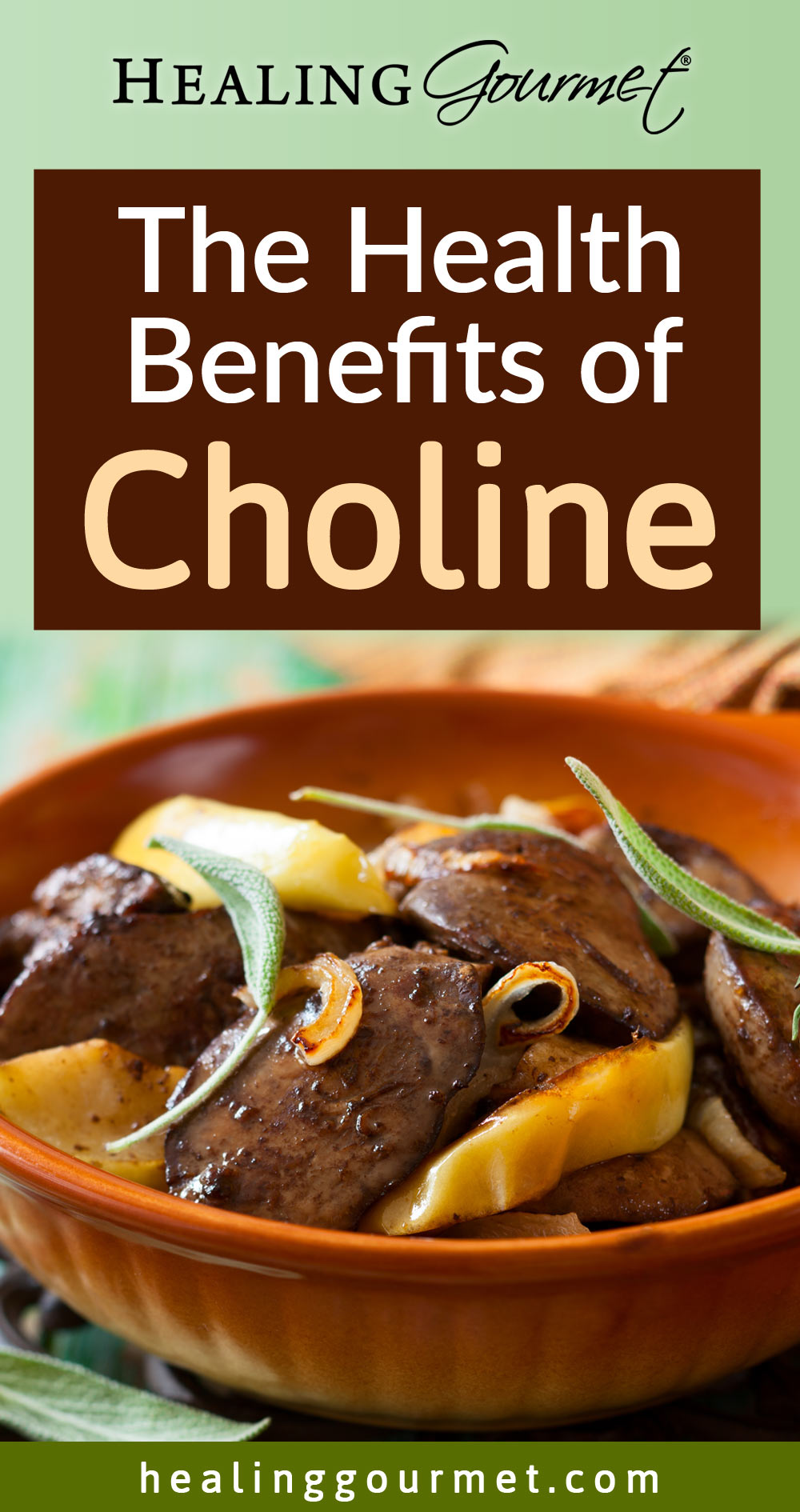
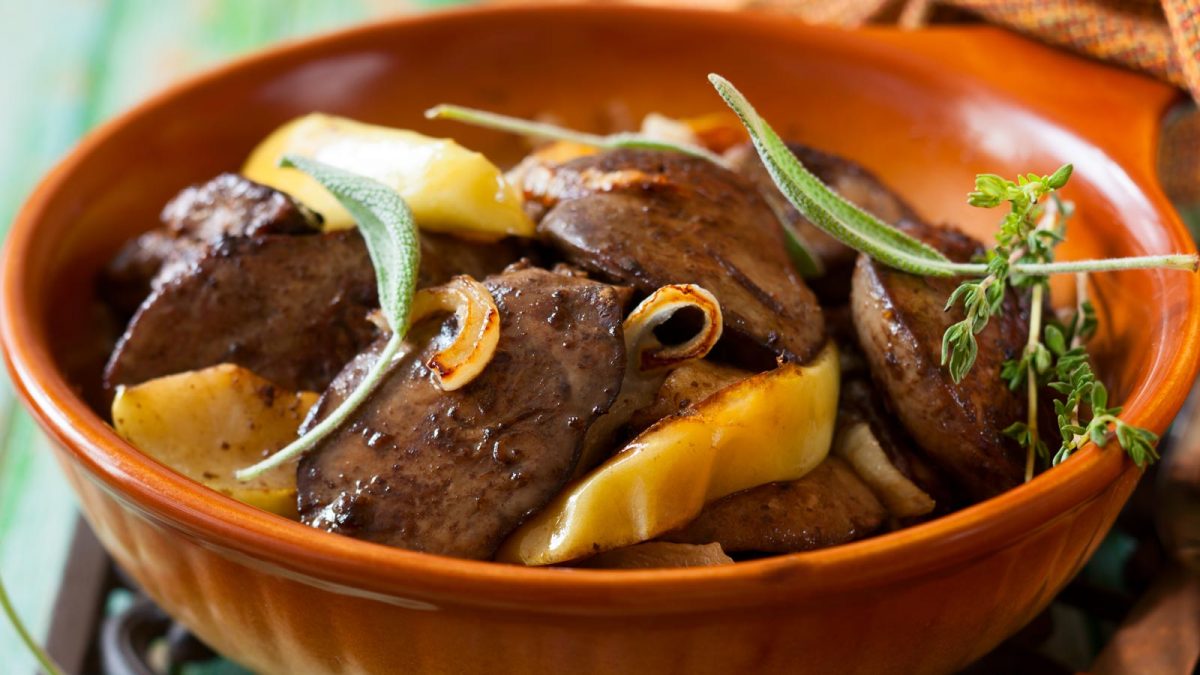
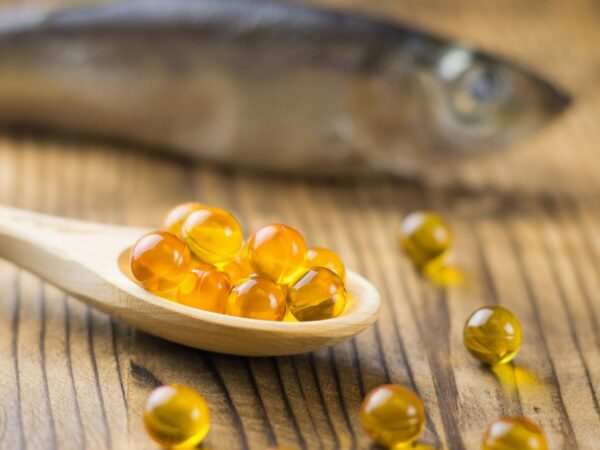
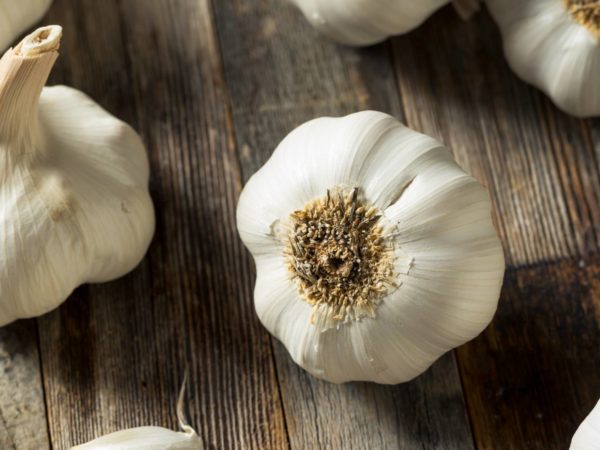
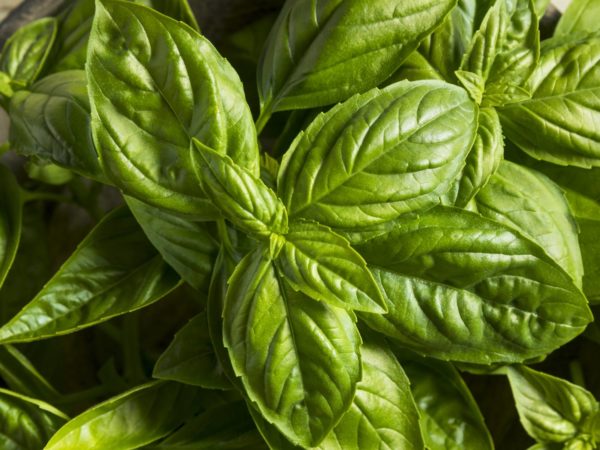
Can I get the receipt for Superfood Paleo Bolognese ?